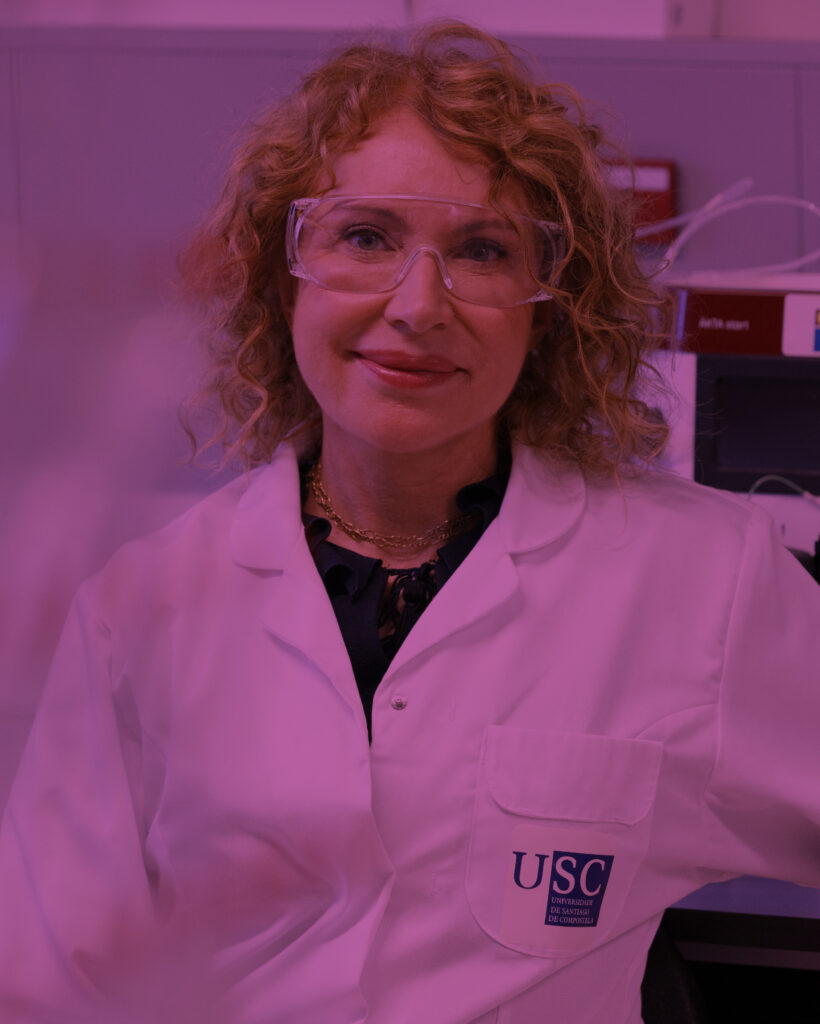
The process of Drug Discovery, which was traditionally restricted to the pharmaceutical companies, has in the latest decades evolved into a model where open innovation is now the norm rather than the exception. This allows the companies to reduce the risk and to tap into the wealth of scientific knowledge required to develop innovative drugs in the 21st century. Pharma companies, however, still retain the know-how and the financial muscle required for drug development, and they typically enter into early collaborations only when the preclinical projects have reached a certain maturity stage, typically after an in vivo proof of concept has been achieved. This creates a gap between most of the projects coming out of academia, no matter how interesting or scientifically disruptive they might be, and its translation into novel drugs. Academic projects tend to end up in an early phase, just before this gap, and they need the industry´s funds, but specially its advice, to get across this appropriately named Valley of Death.
Bridging this gap is the mission the Kaertor foundation was created for. We want to help academia and biotech, on one side of the divide, but also pharma companies and venture capital firms, on the other, to find the common ground where they can start the process of building novel drugs together. The recipe for success would not be complete without clinicians, patient associations and, specially, the different public administrations, eager to create a landscape of biotech-related jobs and with the capacity to create funding schemes targeted at this Valley of Death. We strongly believe that these Private Public Partnerships (PPP) are the way forward to create new solutions for patients worldwide. Starting from academia and with strong links to the clinicians, the Kaertor Foundation has been reaching out to pharmaceutical companies, administrations, financial firms and other stakeholders in the drug discovery arena to create schemes that create this connection between early science and translation into drug development.
Kaertor has managed to move early projects into clinical trials seventeen times. This is an impressive number which is the result not only of hard work and good science, but also of a series of PPPs which involve the pharmaceutical companies, as the final customers, from the very first moment. One example is the I2D2 initiative, where, for the first time in Spain, a pharmaceutical company, Janssen, and the Galician Innovation Agency joined forces with Kaertor to incubate drug discovery programs from academia. I2D2 was followed by Cancer Innova, where the model was scaled up with the participation of Eli Lilly and the AECC (Spanish anti-Cancer Association)
Even while still busy with Cancer Innova, with one project being licensed, a second one aiming to a clinical trial and yet a third one leading to the creation of a spinout company, Kaertor is working on a new, more ambitious program that incorporates the experience from I2D2 and Cancer Innova together to elements from other successful initiatives in Europe and feedback from the different players in the field. This new scheme wants to build on top of the excellence in the Spanish clinical and biomedical R&D environment to transform the country into a hotspot for translation in preclinical Drug Discovery, very much in the same way as the BEST program did in the clinical trials setting.